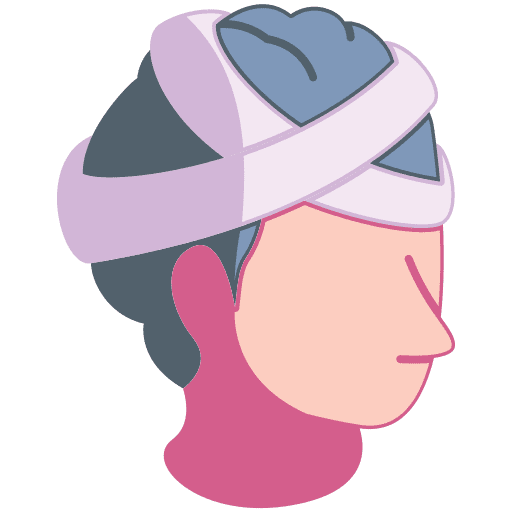Head-Eye Vestibular Motion Therapy Affects the Mental and Physical Health of Severe Chronic Post-Concussion Patients


This publication examines traumatic brain injury (TBI), particularly mild TBI (mTBI), and its chronic aftermath, post-concussion syndrome (PCS), which affects 20–30% of mild closed head injury patients with persistent physical, cognitive, and neuropsychiatric symptoms. Clinicians face a complex landscape: annually, 1.8–3.6 million TBIs occur in the U.S., yet evidence-based treatments remain scarce. PCS stems from mechanical forces causing neurometabolic disruption, often without structural MRI abnormalities, and is predicted more by pre-injury mental health issues and extracranial injuries than brain damage. Symptoms like headaches, memory deficits, and sleep disturbances frequently intertwine with mental health conditions—depression, anxiety, and PTSD—elevating risks of suicide, underemployment, and marital issues, especially in vulnerable groups like adolescents and veterans.
For treatment, the study challenges prolonged rest, aligning with emerging evidence that active management outperforms passivity. The authors tested a 5-day head-eye vestibular motion (HEVM) therapy on 70 chronic PCS patients (symptoms >6 months), integrating gaze stabilization, vestibular stimulation, and coordinated head-eye-body movements, assessed via the C3 Logix system. Results showed significant reductions in symptom severity (Cohen’s d = 0.83) and improvements in cognitive function, suggesting HEVM’s efficacy where rest, rehab, and drugs failed. Clinically, this implies a shift toward multidisciplinary, tailored interventions—vestibular and ocular therapies for physical symptoms, psychological support for mental health, and careful monitoring of modifiable risk factors like distress or low resilience. Adolescents need depression screening, and all patients require holistic care addressing both visible (e.g., dizziness) and subtle (e.g., irritability) symptoms, as mental health profoundly shapes recovery. The lack of control groups and reliance on subjective measures highlight the need for further research, but HEVM offers a promising tool for clinicians managing refractory PCS.


